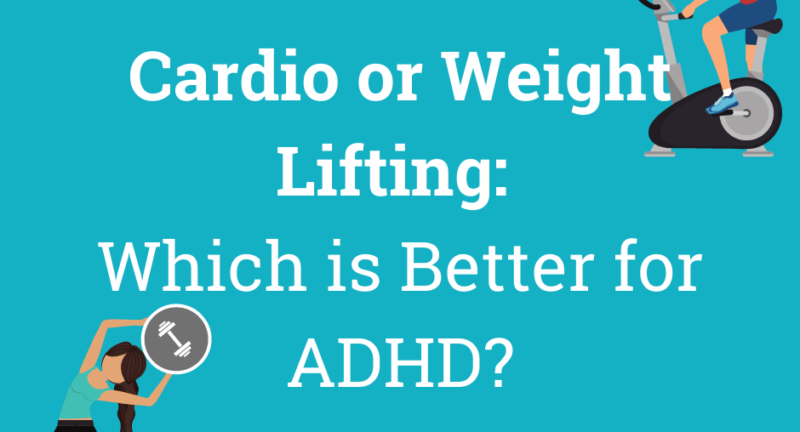
10 Strategies to Strengthen Your Relationship with Your Child
Are you tired of nagging your child? Do and your child squabble over unwanted behaviors? As a parent, your best chance of seeing good behavior from your child with attention deficit hyperactivity disorder (ADHD) is for him or her to feel a strong parent-child connection with you. And the best way to do that is to strengthen your relationship with your child.
Not only is your child more likely to follow your directions if s/he feels strongly bonded, but unwanted behaviors are often an expression of feeling alone or unsupported.
Between work obligations and our increasingly high-tech world, it’s sometimes hard to connect with family members. Both parents and children may struggle to be present to each other.
There’s good news though: you can implement these strategies to be present to one another, to connect with your child, and to strengthen your relationship.
Strengthening Your Relationship with Your Child
Children feel love in many ways. Some children thrive the most with quality time, while others may thrive with physical affection. At the end of the day, children receive a parent’s love in many different ways.

Here are ten strategies to strengthen your relationship with your child:
- Hug your child every day. Snuggling, hugs, a gentle pat on the back — all of these signs of affection let your child know and feel your love.
- Play together. Whether you’re building blocks, playing dress-up, or riding bikes together, quality time a key ingredient in any relationship. Plus, laughing together stimulates endorphin release in both of you.
- Turn off your phone when playing or talking with your child.
- Connect with your child before making a big transition. “Connect” can include using eye contact and smiling, using his or her name, giggling together. Try to connect before just jumping into transitions such as “come eat” or “go pick up the play room.”
- Make one-on-one time a priority each day. Even 15 minutes of parent-child time can do wonders for your child.
- Allow your child to express his or her own emotions. Instead of getting upset that your child is crying or anger, use this moment as an opportunity to teach about emotional regulation — to help your child learn to manage emotions. Remember, your child trusts you enough to share all of his vulnerability and emotions with you.
- Practice active listening.
- Slow down. We live in a busy world, but be sure to try to savor each moment with your child.
- Use bedtime as another opportunity to bond with your child. Read stories, connect, talk about the day.
- Show up. Wherever you are, be all there. Whether you’re watching a game, listening to your child tell a story, or playing a game together, be fully present to your child.
You can also find more positive parenting strategies in our course “Introduction to Positive Discipline.”
Is Parent Coaching Right for You?
What if you implement these strategies and you still feel disconnected to your child? Sometimes unmanaged ADHD can get in the way. If your child’s ADHD isn’t fully managed, we can help your child get the care s/he needs. As a multidisciplinary practice, we offer therapy, parent coaching, medication management, and online course. Parenting coaching can help you learn the tools and strategies that are most likely to benefit your unique situation.
If you would like to book an appointment for coaching, therapy, or medication management with one of our professionals, give us a call at 502-907-5908 or fill out this form.
Related Posts
Cardio or Strength Training: Which Is Better Exercise for ADHD?
It's a given: exercise is essential for a healthy body and a healthy mind....
Does Your Child Have ADHD? Here Are 4 Surprising ADHD Symtpoms in Kids
Attention deficit hyperactivity disorder — most often referred to simply as ADHD...


